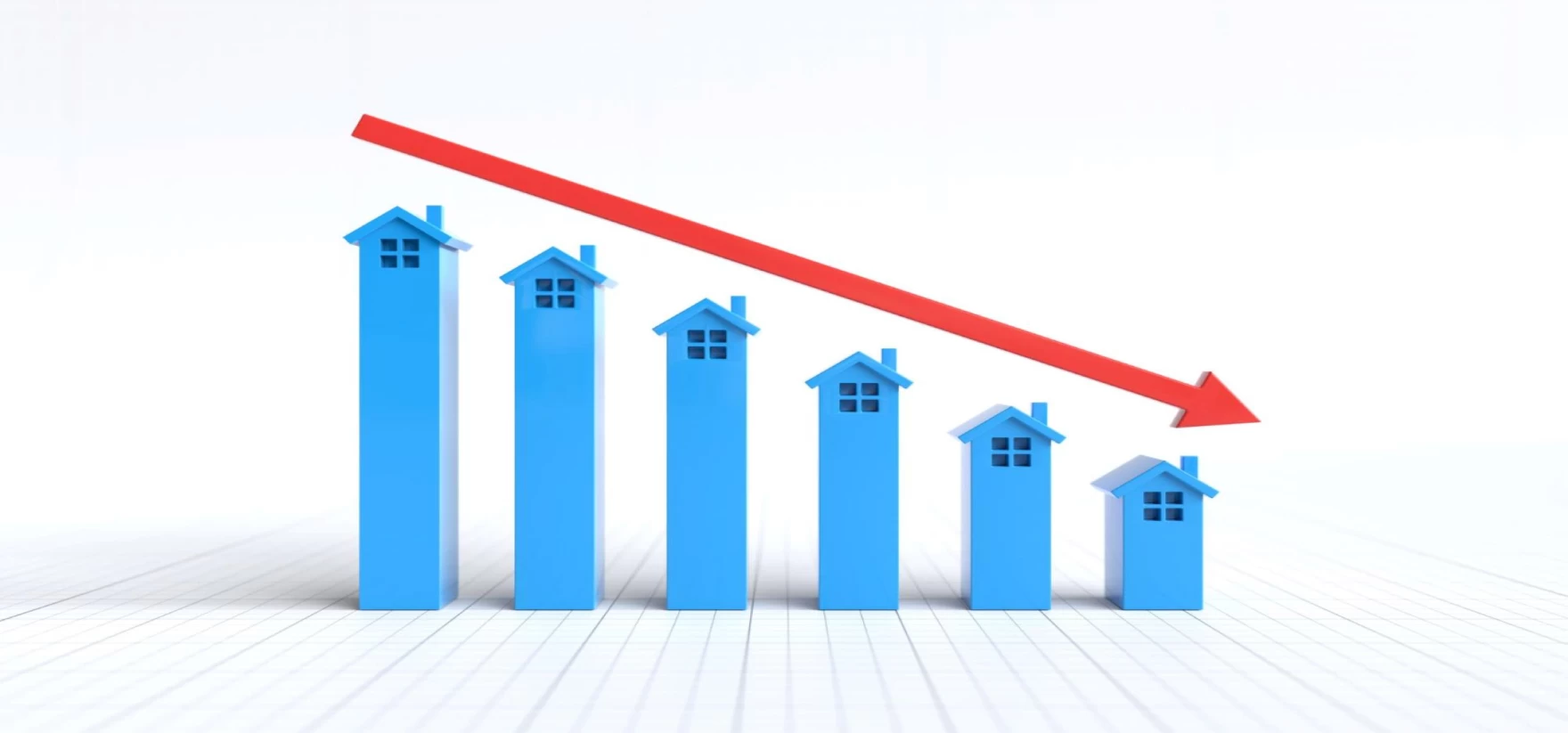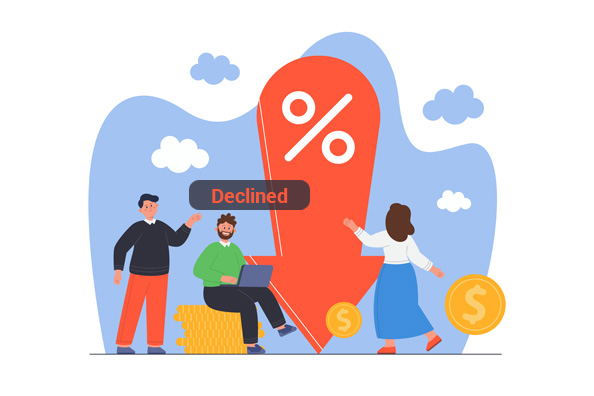
“Learn how property depreciation can maximise your investment returns”
When you are a property investor, boosting your returns and cutting your taxes can form great elements of a successful strategy. One of the most potent tools you may be overlooking is property investment depreciation. By getting to know how it works, you can save big on taxes, improve your cash flow, and grow your portfolio more efficiently.
What is Property Depreciation?
Depreciation is the loss of an asset over a period of time because of wear and tear, obsolescence, or otherwise. To property investors, depreciation means property and contents within the property like appliances, fixtures, and furniture.
You can claim property depreciation as a tax deduction in most countries. It means that you can claim it from your taxable income, thus reducing your tax.
Types of Depreciation for Property Investors
Property investors can claim two main types of depreciation:
1. Building (Capital Works) DepreciationThis addresses the wear and tear on the actual structure of the property. You calculate it over a span of 25 to 40 years (depending on local tax rules). If you construct a new property or undertake a significant renovation, those costs can be claimed here, however, you must ensure that all criteria are met. Although these expenses are often substantial, they can provide considerable benefits in the long run. This is particularly important because it affects your overall financial planning.
2. Plant and Equipment DepreciationThis is for things inside the property that you can move around, like air conditioners, carpets, dishwashers, and light fixtures. These items usually don’t last as long as the building and can be claimed over 5 to 15 years.
Why Is Depreciation Important for Investors?
Property depreciation is a great way to lower your taxable income and save on taxes. Here’s why it’s important:
1. Tax Deductions
Depreciation is a cost you don’t have to pay out of pocket. You’re claiming deductions for the decrease in the value of your property’s building and its contents. These deductions cut down your taxable income, so you end up paying less tax.
2. Better Cash Flow
Reducing your tax bill through depreciation means you keep more money in your pocket. This extra cash can be used to invest back into your property, pay off debts, or save for future property buys, making your investments more financially healthy.
3. Boosting Property Value in Tax Terms
Even if your property’s value goes up in the real estate market, depreciation helps balance out the higher taxes you might face due to the increased value. The key is that you get the benefit of depreciation along with the property’s value increase.
How to Maximise Depreciation Benefits?
1. Get a Depreciation Schedule
A depreciation schedule details how much you can claim for the wear and tear on your building and its contents. It's best to have a professional quantity surveyor create this for you. They’ll check out your property and its stuff to give you a clear list of what you can deduct.
2. Consider Renovations and Improvements
If you’re planning any renovations or buying new appliances for your rental property, get a new depreciation schedule. Things like new carpets, dishwashers, and HVAC systems can be deducted over shorter periods. So, update your schedule to make sure you catch all those deductions.
3. Claim Depreciation Every Year
You usually claim depreciation yearly, so remember to include it when doing your taxes. Over time, these deductions can add up, lowering your tax bill and making it simpler to expand your property collection.
4. Understand Local Tax Laws
Depreciation rules and rates differ based on where your property is located. It's important to know your local tax laws to get all the benefits. Sometimes, you might need to change your approach depending on if the property is residential or commercial, or how it was built.
In conclusion, property investment depreciation is a super useful tool for saving on taxes. It lets you reduce your taxable income, which can lower your tax bill and boost your investment's cash flow. Whether you're buying a brand-new place or an older building that's been well-kept, depreciation can give you big tax benefits.








